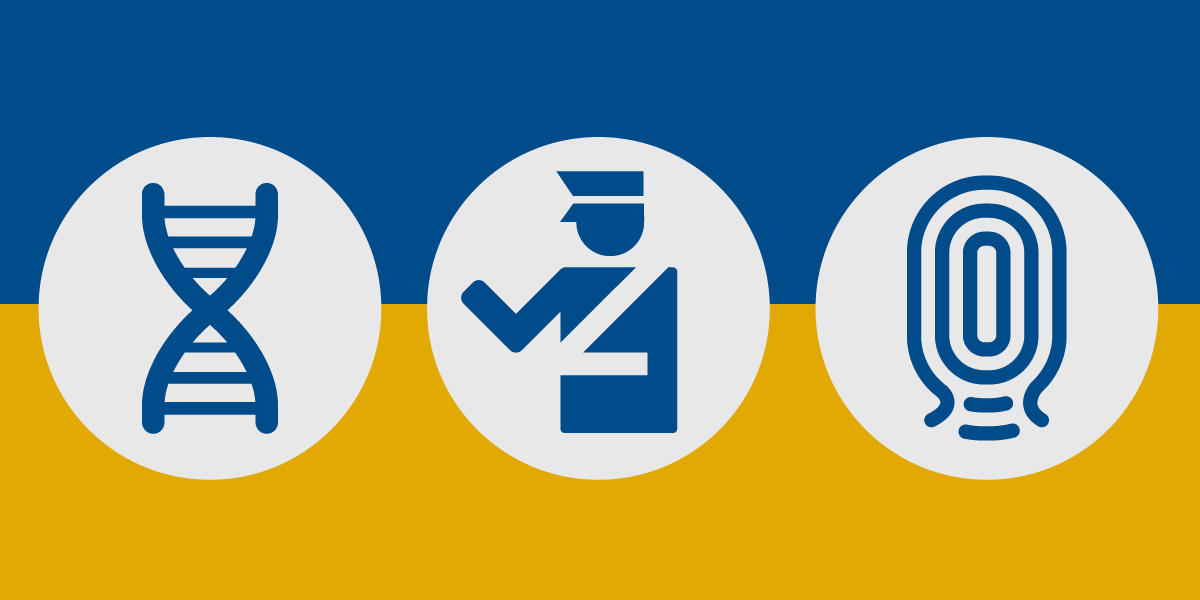Summary
The FBI has requested a significant budget increase for 2024, specifically for its DNA database known as CODIS. This request, totaling $53 million, is in response to a 2020 rule that requires the Department of Homeland Security to collect DNA from individuals in immigration detention. CODIS currently holds genetic information from over 21 million people, with 92,000 new DNA samples added monthly. This increase in funding demonstrates the government’s commitment to collecting over 750,000 new samples annually from immigrant detainees, raising concerns about civil liberties, government surveillance, and the weaponization of biometrics.
Since the Supreme Court’s Maryland v. King decision in 2013, states have expanded DNA collection to cover more offenses, even those unrelated to DNA evidence. The federal government’s push to collect DNA from all immigrant detainees represents a drastic effort to accumulate genetic information, despite evidence disproving a link between crime and immigration status.
Studies suggest that increasing DNA database profiles does not significantly improve crime-solving rates, with the number of crime-scene samples being more relevant. Additionally, inclusion in a DNA database increases the risk of innocent individuals being implicated in crimes.
This expanded DNA collection worsens racial disparities in the criminal justice system, as it disproportionately affects communities of color. Black and Latino men are already overrepresented in DNA databases, and adding nearly a million new profiles of immigrant detainees, mostly people of color, will further skew the existing 21 million profiles in CODIS.
The government’s increased capacity for collecting and storing invasive data poses a risk to all individuals. With the potential for greater sample volume and broader collection methods, society is moving closer to a future of mass biometric surveillance where everyone’s privacy is at risk.
A place to discuss privacy and freedom in the digital world.
Privacy has become a very important issue in modern society, with companies and governments constantly abusing their power, more and more people are waking up to the importance of digital privacy.
In this community everyone is welcome to post links and discuss topics related to privacy.
Some Rules
- Posting a link to a website containing tracking isn’t great, if contents of the website are behind a paywall maybe copy them into the post
- Don’t promote proprietary software
- Try to keep things on topic
- If you have a question, please try searching for previous discussions, maybe it has already been answered
- Reposts are fine, but should have at least a couple of weeks in between so that the post can reach a new audience
- Be nice :)
Related communities
much thanks to @gary_host_laptop for the logo design :)
- 0 users online
- 108 users / day
- 435 users / week
- 1.32K users / month
- 4.54K users / 6 months
- 1 subscriber
- 4.58K Posts
- 115K Comments
- Modlog







Why does expanded DNA collection disproportionately affect communities of color?
As that quotation said, it mostly affects innocent immigrants getting implicated in crimes they weren’t even involved in.
And most immigrant detainees are people of color: